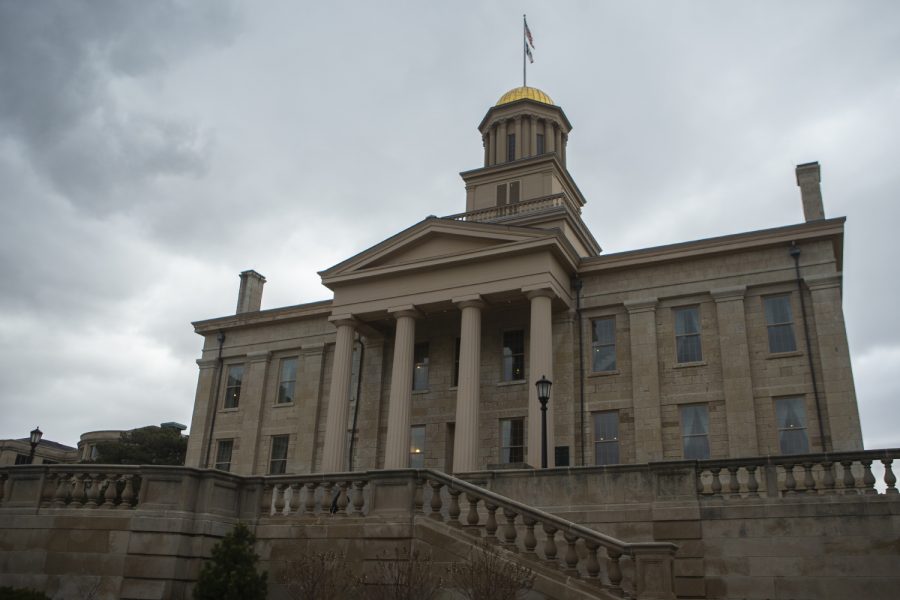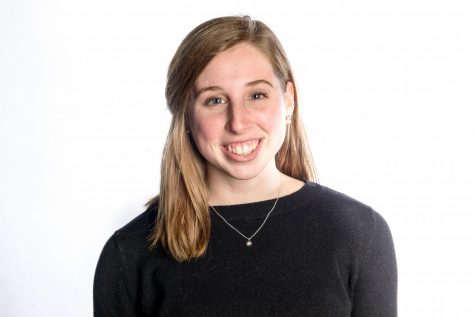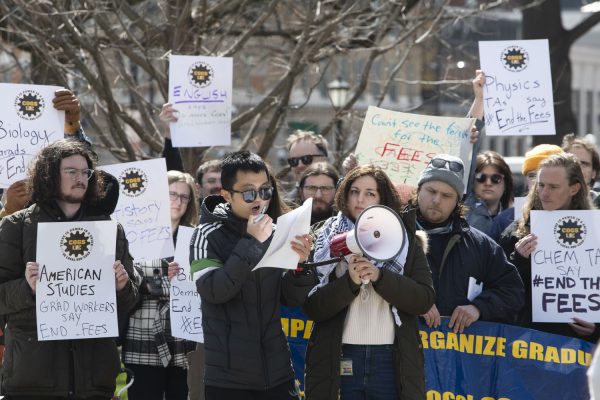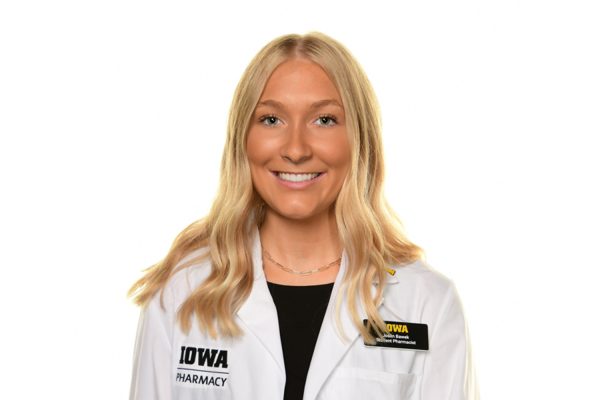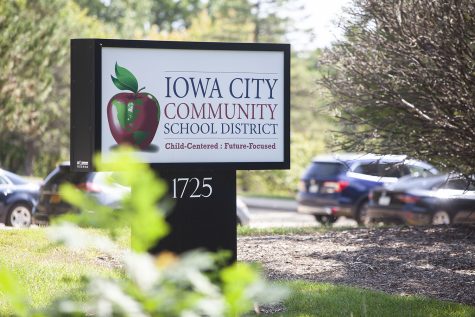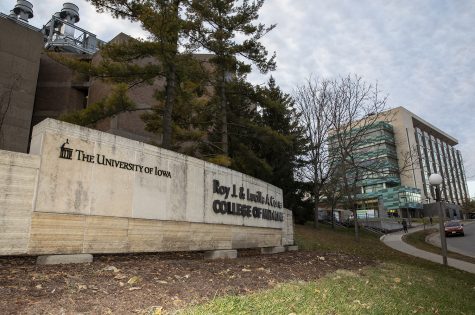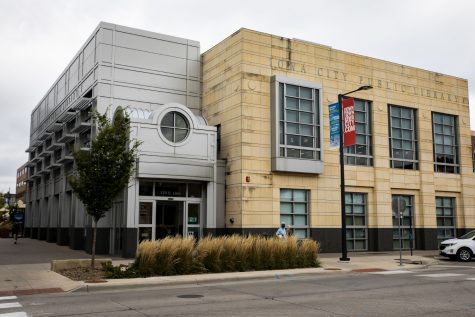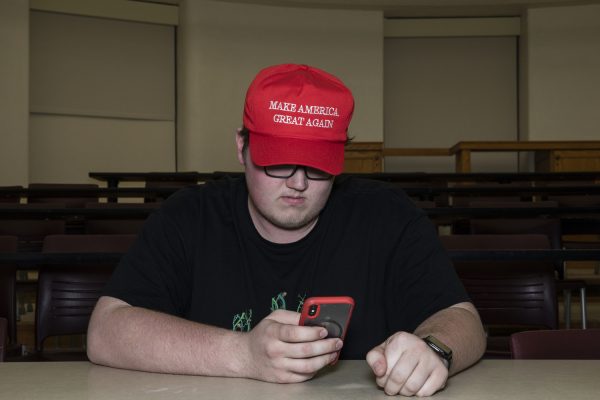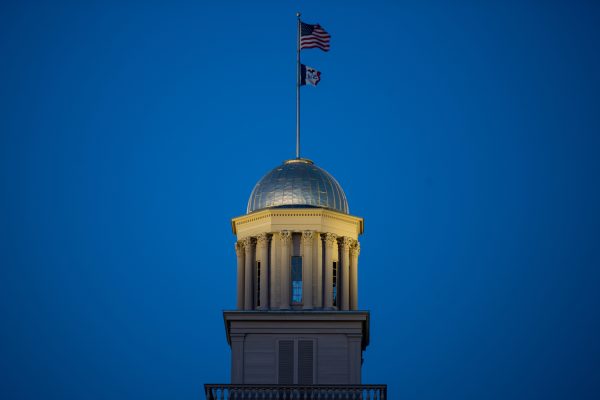Guest Opinion | Faculty must be involved in search for new president
As the University of Iowa embarks on the search for the next head Hawkeye, the American Association of University Professors writes that the next search process should follow AAUP guidelines.
The Old Capitol is seen on Thursday, March 12, 2020.
October 11, 2020
Once again, the University of Iowa begins its search for a new leader. But this search will be like no other, not only because it is happening in the midst of a pandemic, but because it happens in the dark shadow of the last search. The process that resulted in the hiring of President Bruce Harreld was so lacking in openness and transparency that, after investigation, the American Association of University Professors (AAUP) placed the university on its list of institutions sanctioned for violations of time-honored principles of shared governance. To locals steeped in Iowa traditions of open, faculty-led presidential searches, as well as outside observers viewing that search to assess its compliance with shared governance, that search was simply unacceptable. Its deficiencies continue to haunt us; in the intervening years, countless local and national news articles about the university have referred to the covert, authoritarian way in which that search was conducted.
Eager to restore the academic reputation of the University of Iowa, the university and Board of Regents formed a committee to attempt to have Iowa removed from AAUP’s sanction list. The committee was composed of members of the Faculty Senate, the Board of Regents, and the local AAUP chapter. After working together for almost a year, the committee produced a document entitled Summary of Best Practice for Faculty Engagement in a UI Presidential Search. Representatives of all three participating bodies signed off on the document and presented it to the national office of AAUP; after further investigation, the university was removed from the sanction list in 2018. The document, drafted with the comforting specificity of a cookbook, may be read in its entirety on the Faculty Senate webpage.
So now everyone knows how to conduct the current search. The collective task of all who wish to see the University of Iowa retain its place among the nation’s top tier of teaching and research institutions is to see that the best practices are followed carefully. And because President Harreld has signaled his willingness to remain on the job until his successor is found, the process need not be rushed. As the Summary indicates, the process begins with the identification of search committee co-chairs, at least one of whom is to be a non-administrative faculty member. The Board of Regents is then to consult with those co-chairs in determining whether a search firm is to be hired and, if so, which firm. To comply with the letter and the spirit of the Summary, the Board should follow those steps in as transparent a manner as reasonably possible, as it agreed to do only two years ago.
Quite apart from the need to adhere to agreed upon practices, there are important reasons to ensure that the faculty is fully engaged in and supportive of this search. Crucial questions will confront the next university president and she or he must have the support of the faculty in answering them. Can the university do better in promoting diversity, equity, and inclusion at all levels? Is the current tendency to focus hiring on short-term teaching faculty at the expense of tenured teachers and scholars in the long-term interest of the state’s flagship academic institution? Is the athletic program being operated in a way the state can be proud of? Based on the university’s track record to date in responding to the pandemic, is the university doing what it must in terms of crisis preparedness? There are many more. Iowa educational leaders should proceed carefully and deliberately to select the next president, being mindful of the great importance of their task.
—Lois Cox, Clinical Professor of Law Emerita, Writing on behalf of the Executive Committee, University of Iowa chapter, AAUP



